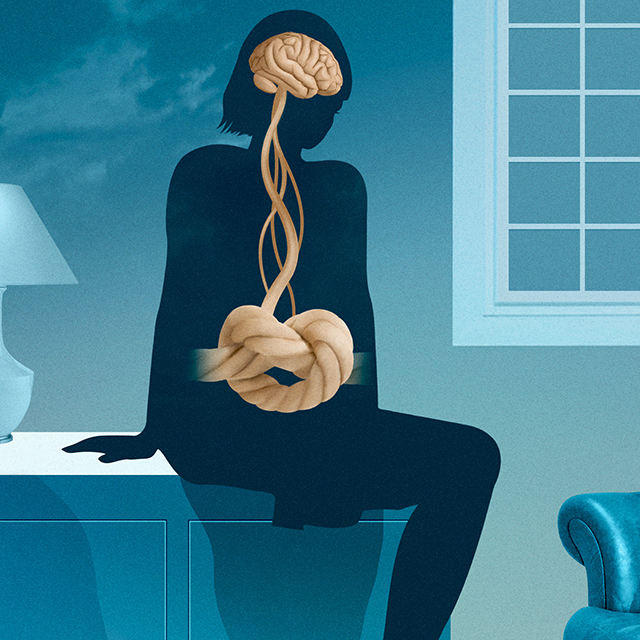Newly diagnosed people with Crohn’s disease in the United States are more likely to experience drug and alcohol use compared with the general population, according to a recent study led by Johns Hopkins Medicine researchers. The study, which used data from Medicaid between 2010–2019, found that 16.3% of enrollees had some form of substance use at the time of Crohn’s diagnosis, with alcohol and opioids being the most commonly used substances.
According to the Crohn’s and Colitis Foundation, more than 500,000 people in the U.S. have Crohn’s disease, a chronic inflammatory bowel disease that affects the lining of the digestive tract. It causes abdominal pain, diarrhea, weight loss, anemia and fatigue. Experts say alcohol and opioid use can worsen these symptoms.
“About a quarter of these patients experience depressive symptoms, which have well-established connections with substance use disorders,” says lead author and Johns Hopkins hepatologist Victor Chen. “Alcohol and opioid use and Crohn’s disease symptoms are likely a chicken-and-egg situation — more substance use can worsen Crohn’s symptoms, but more severe symptoms can increase substance use to mask the discomfort.”
Chen says there is limited data on substance use among patients newly diagnosed with Crohn’s disease, which was one of the driving factors behind his team’s study, published in Gastro Hep Advances.
The results suggest that physicians need to be more aware of substance use among patients with Crohn’s disease, Chen says, given some substances’ potential to worsen disease symptoms.
“Alcohol or substance use screening is the first step. Then, for patients with unhealthy substance use, I would encourage at least referrals to addiction [specialists] or begin some of the addiction treatments in the GI clinic if the gastroenterologist is familiar with them,” he says.


